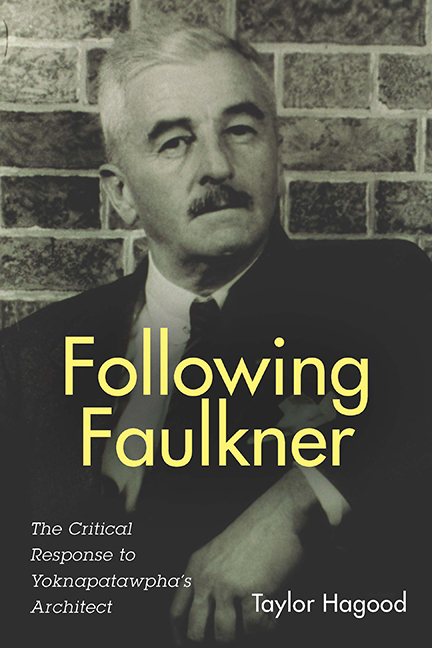Summary
The biggest development in the critical response to Faulkner at the beginning of the twenty-first century was a new mode of contextualizing him that can be described as global. Critics had considered Faulkner in global ways before, but the term “global” now took on a new meaning informed by economic and cultural globalization, which was itself created, in part, by new collaborative platforms enabled by increased communication capabilities, most obviously the internet. Where Faulkner had in the past been seen as a lonely provincial or as a high modernist who wrote as an individual, it now seemed important to examine the influences of people, culture, politics, environment, and other writers on him—and his work's influences on them. The idea of reading Faulkner alone, without paying attention to these other forces, seemed to many as antiquated as New Criticism's exclusive focus on the text had seemed to scholars of two decades earlier. As a result, now more than ever there appeared books built on the concept of “Faulkner and —.” That blank may be filled in with one or more authors’ names or by a concept. By the same token, many books now examined how a given topic found treatment by multiple authors, comparing and contrasting their approaches to it. To write a Faulkner (only) book became borderline passé, as scholars placed less emphasis on the author as artist and more on the author as cultural, social, and political conduit. It also now seemed distasteful even to speak of him as an “American” writer. Nationalism was unfashionable in academia at this point, and even the “Transatlantic” sounded too colonial: it seemed more exciting to examine how Faulkner influenced someone like Gabriel Garcia Marquez or how his work exhibited awareness of market capitalism's reach around planet Earth. It was now necessary to see if Faulkner could still stand tall in a critical climate attuned to a globally inflected multiculturalism.
This global contextualization of Faulkner took many forms, most of them devised and promoted by scholars who have been identified as New Southernists. The appellation “New Southernists” calls to mind “New Critics,” and these scholars tend to be very conscious of their revising southern literary studies;
- Type
- Chapter
- Information
- Following FaulknerThe Critical Response to Yoknapatawpha's Architect, pp. 100 - 132Publisher: Boydell & BrewerPrint publication year: 2017

